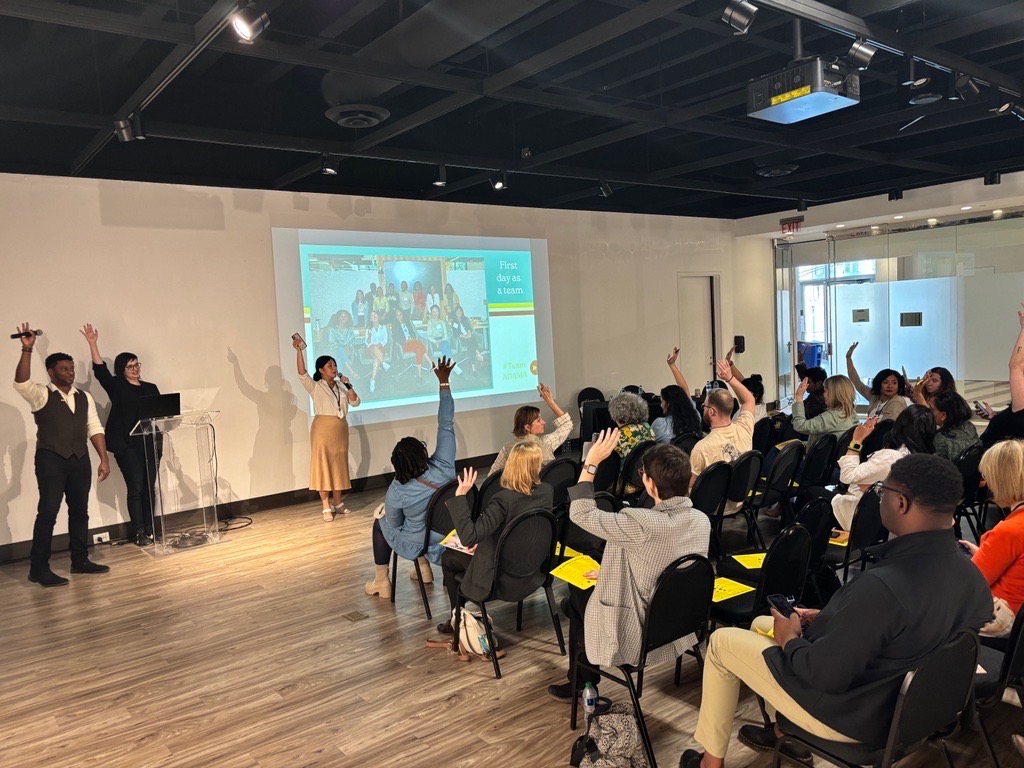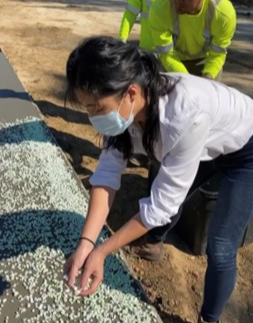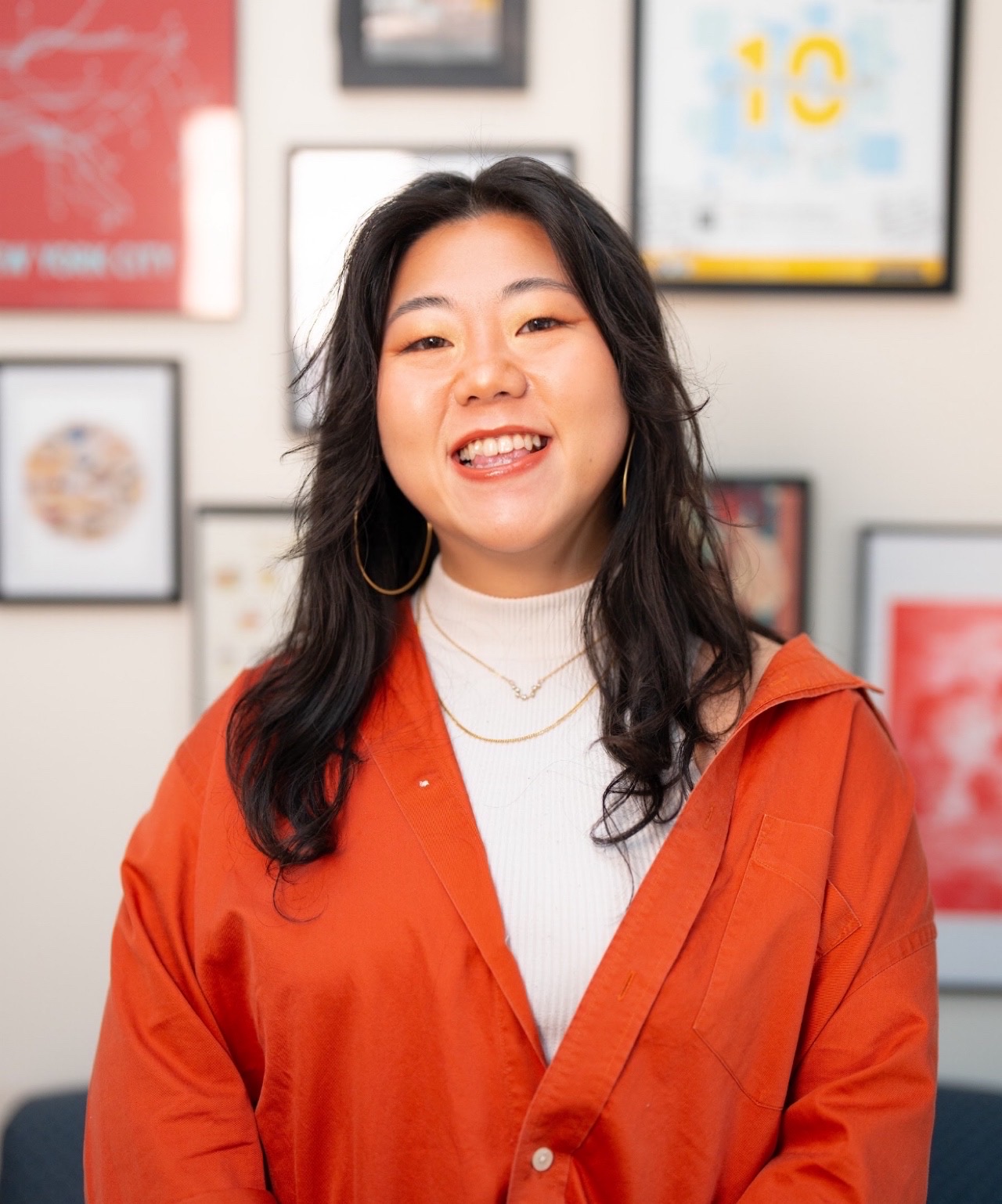We were lucky to catch up with Julia Kim recently and have shared our conversation below.
Julia, appreciate you joining us today. We’d love to hear about a project that you’ve worked on that’s meant a lot to you.
The current project I’m working on, You Uninterrupted, is the most meaningful project I’ve worked/ working on. As an immigrant kid, I spent much of my life questioning my identity—Who am I? Where do I belong? What am I capable of? I realized that without knowing and owning my own story, my own voice, I’d never know the answers to any of these questions. So I started having really brutally honest conversations with myself and my community. Along the way, I’ve come to find that belonging isn’t always something granted—it’s something we can claim too. So my identity in being Asian American became one of my superpowers. It allows me to bridge cultures, navigate between two worlds, challenge perspectives, and choose how I move through life. I’ve learned that people crave depth and connection, and that one of my gifts is creating spaces for both. This journey led me to create You Uninterrupted because I know I’m not alone in these questions. In our increasingly divided world, we need spaces to be seen, heard, and understood. I believe art has the power to break barriers, soften hearts, and remind us of our shared humanity. This project is an invitation to pause, reflect, and ask: Who am I, uninterrupted? Because when we answer that, we step into our power. And together, we can move forward!
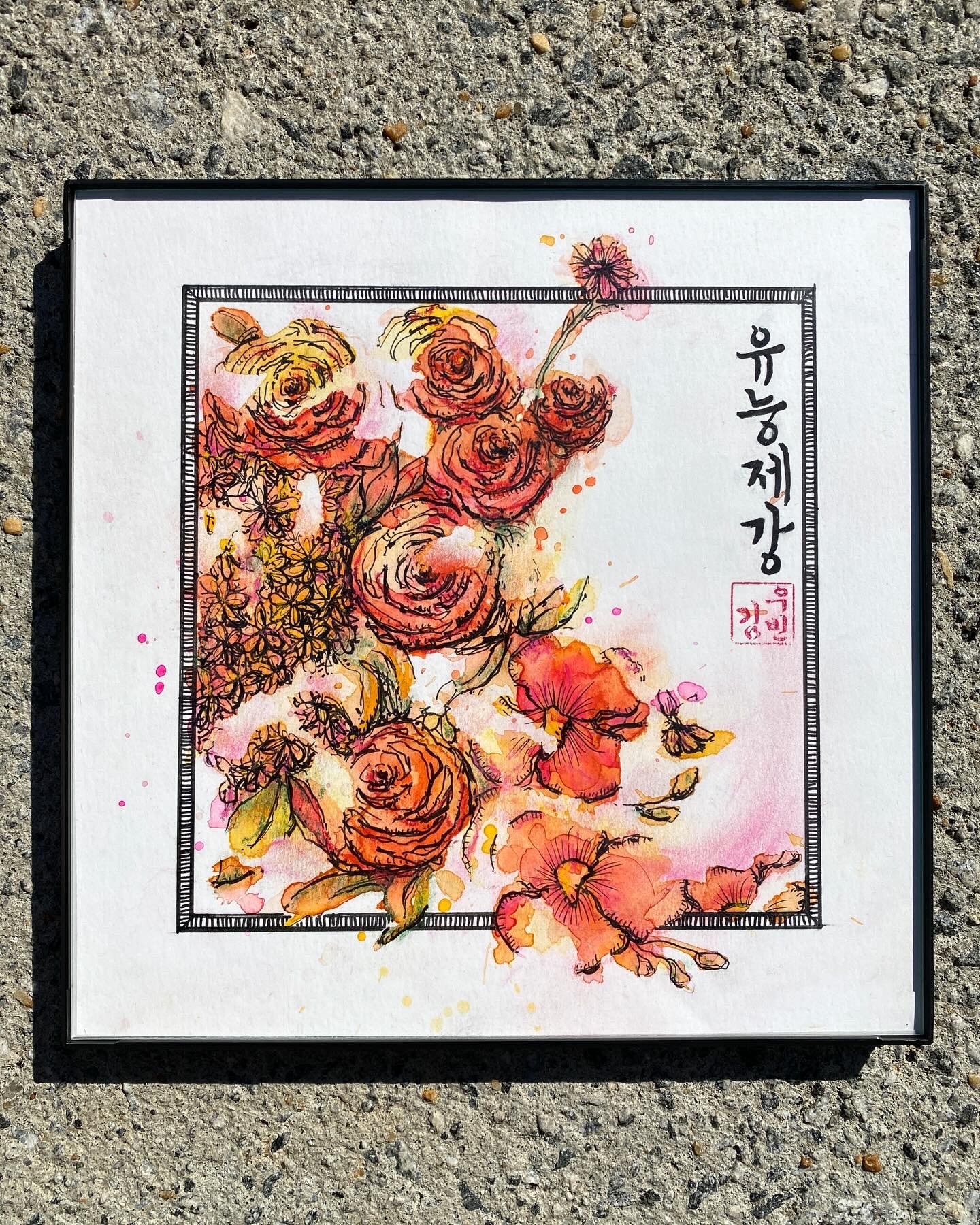
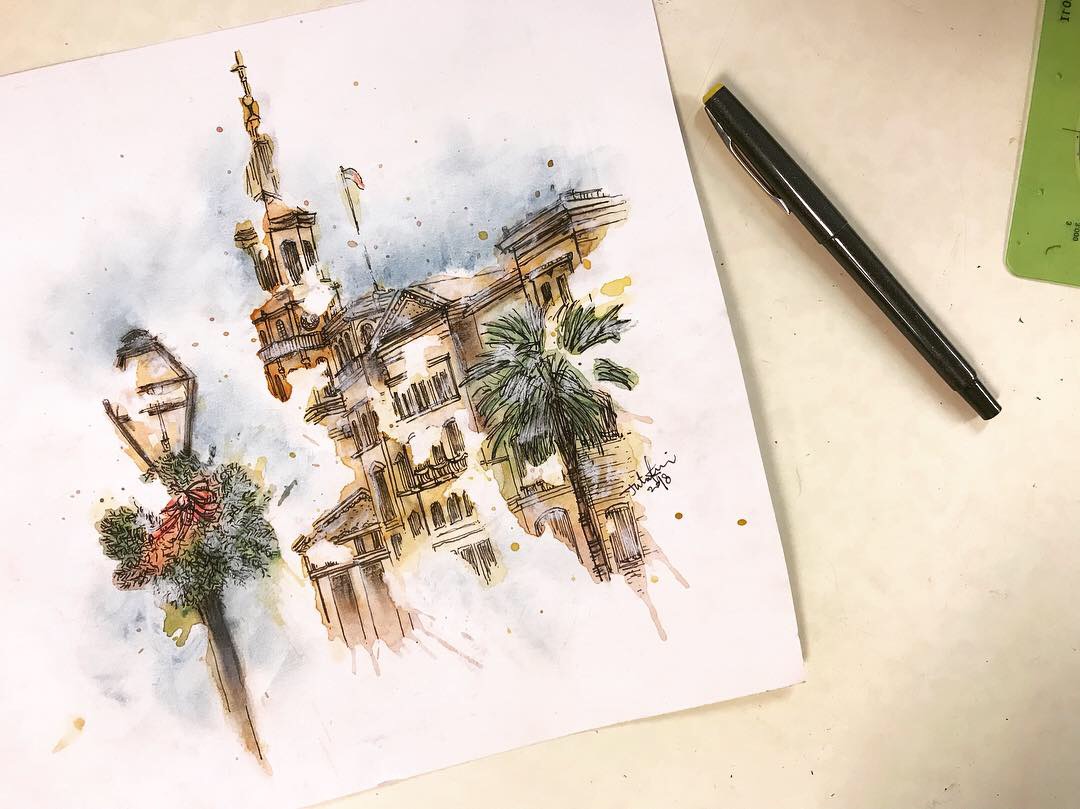
As always, we appreciate you sharing your insights and we’ve got a few more questions for you, but before we get to all of that can you take a minute to introduce yourself and give our readers some of your back background and context?
My name is Julia Kim, and I’m an Atlanta-based artist, landscape designer, and community builder whose work bridges design, storytelling, and social connection. With a degree in Landscape Architecture from the University of Georgia, I began my professional journey believing deeply in this: good design builds strong communities. Over the years, I’ve contributed to hospitality, multifamily, commercial, and park projects across the United States—but I’ve also come to see that the most transformative spaces aren’t just physical. They’re emotional, cultural, and relational.
That belief has shaped my creative practice today. Whether I’m designing an outdoor space, painting, or building an immersive experience, I try to create spaces that help people pause, reflect, and reconnect with themselves and each other. I blend my background in design with a deep curiosity for human stories, asking how can space—whether physical or emotional—bring us closer to ourselves and strengthen our community?
In 2016, I founded Elephant Talks, a nonprofit that hosted events and seminars tackling taboo topics within the Asian American community. Although the project paused when I moved to Charleston in 2018, my commitment to uplifting community has never stopped. Whether through mentorship, intentional gatherings, speaking opportunities, or public programming, I’m always searching for ways to create space for honesty and connection.
My current project, You Uninterrupted, is an immersive installation and storytelling project rooted in identity, vulnerability, and belonging. The project asks eight grounding questions—born from my own healing journey—and invites anonymous responses from people of all ages and backgrounds. These responses will be displayed in July 2025 as a pop-up art installation, transforming the gallery space into collective, living stories. It’s part archive, part healing space, and part resistance against a world that often asks us to shrink or fragment who we are.
What sets my work apart is its emotional intention. I’m not interested in perfection—I’m interested in presence. In creating spaces where people feel safe enough to be real. My art is deeply informed by my lived experience as an Asian American woman, immigrant, and someone who spent years trying to fit into boxes that were never built for me. Through reclaiming my own voice, I’ve discovered that vulnerability is not weakness—it’s a form of power. And I’ve seen firsthand how honesty and intentionality can heal across generations and cultures.
At my core, I believe that joy and human connection are radical acts of resistance. Whether I’m designing a landscape, curating an exhibition, or sitting in a circle with friends and strangers, I aim to hold space for what makes us most human—our grief, our wonder, our longing to be understood. That’s what I hope my work offers: spaces where people feel seen, softened, and invited to remember who they are.
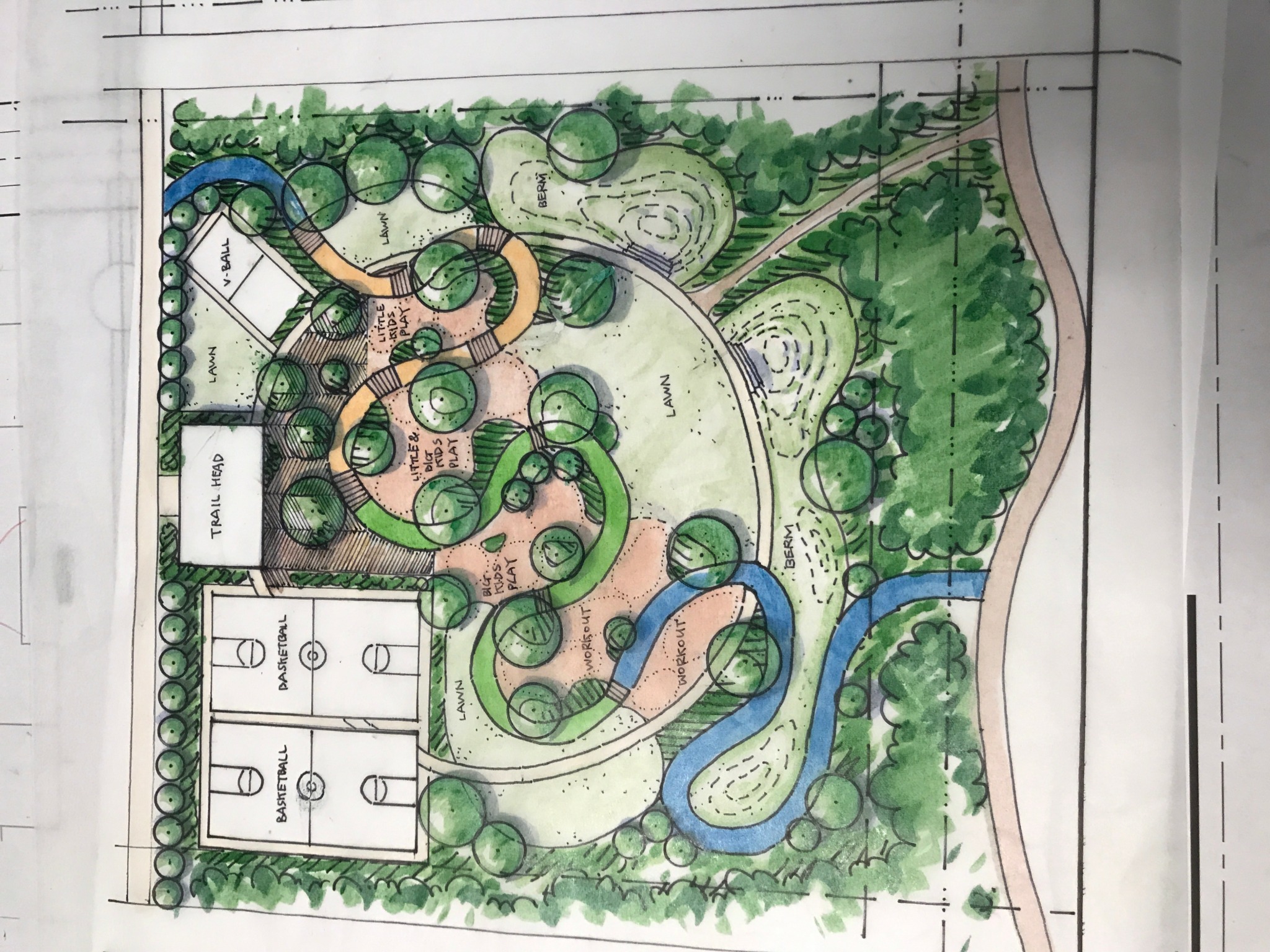
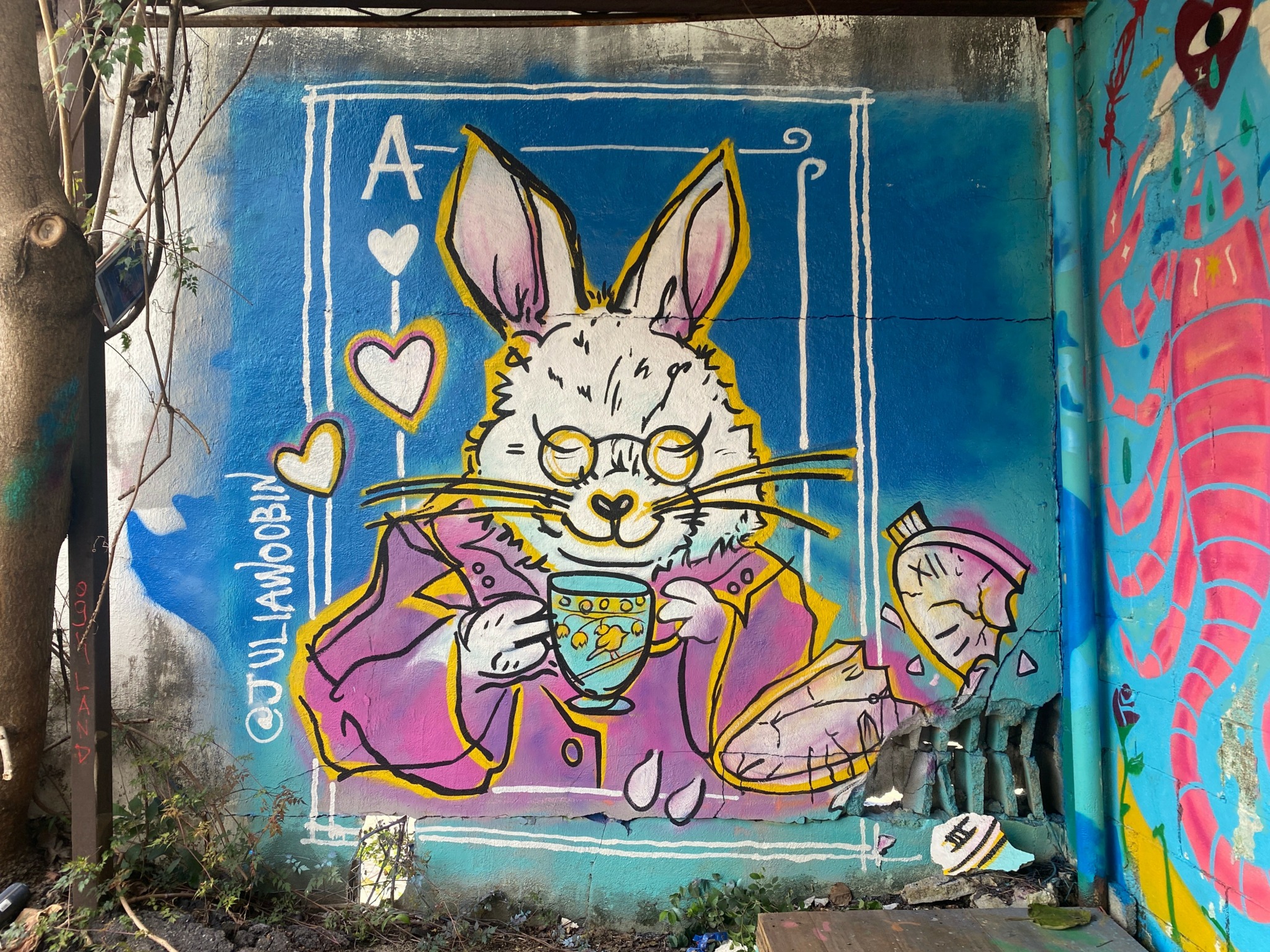
Is there mission driving your creative journey?
At the heart of my creative journey is a commitment to following my curiosities, honoring my joy, and embracing the belief that vulnerability is one of our greatest strengths. We often fear that revealing our vulnerabilities will make us weak—or worse, that they’ll be used against us, especially if that’s happened in the past. But as I’ve grown older, my mindset has shifted. I’ve realized that when I’m completely honest with myself first, no one else can weaponize it—because I’ve already claimed it.
It’s like this: the longer we leave things in the dark, the more power we give it. But once we bring them into the light, they begin to lose their grip. Sure, it can be uncomfortable at first—like when you’re a kid trying to go to sleep and see a large shadowy figure in your room. Your brain starts imagining the worst- like monsters! Eventually, you muster the courage to get out of bed and turn on the light. At first, your eyes squint and you groan as they adjust, but after a moment, you see clearly—and realize it was just a pile of laundry on your chair you forgot to put away. It’s a silly example, but I think that’s what it feels like to name and share your vulnerability. It may sting at first, your brain might blow things out of proportion, but eventually, it helps you see yourself more clearly and find your way toward healing.
My mission is to help empower and challenge others to embrace all parts of themselves—the light and the dark. But I also recognize that if we dwell so much in our darkness, life can become unbearably heavy. That’s why I believe in the equal importance of joy—finding magic in the small things, protecting our inner child, and allowing ourselves to play, even as adults. My goal is that my work would help people reconnect with those parts of themselves while also navigating the complexity, grief, and growth that come with adulthood.
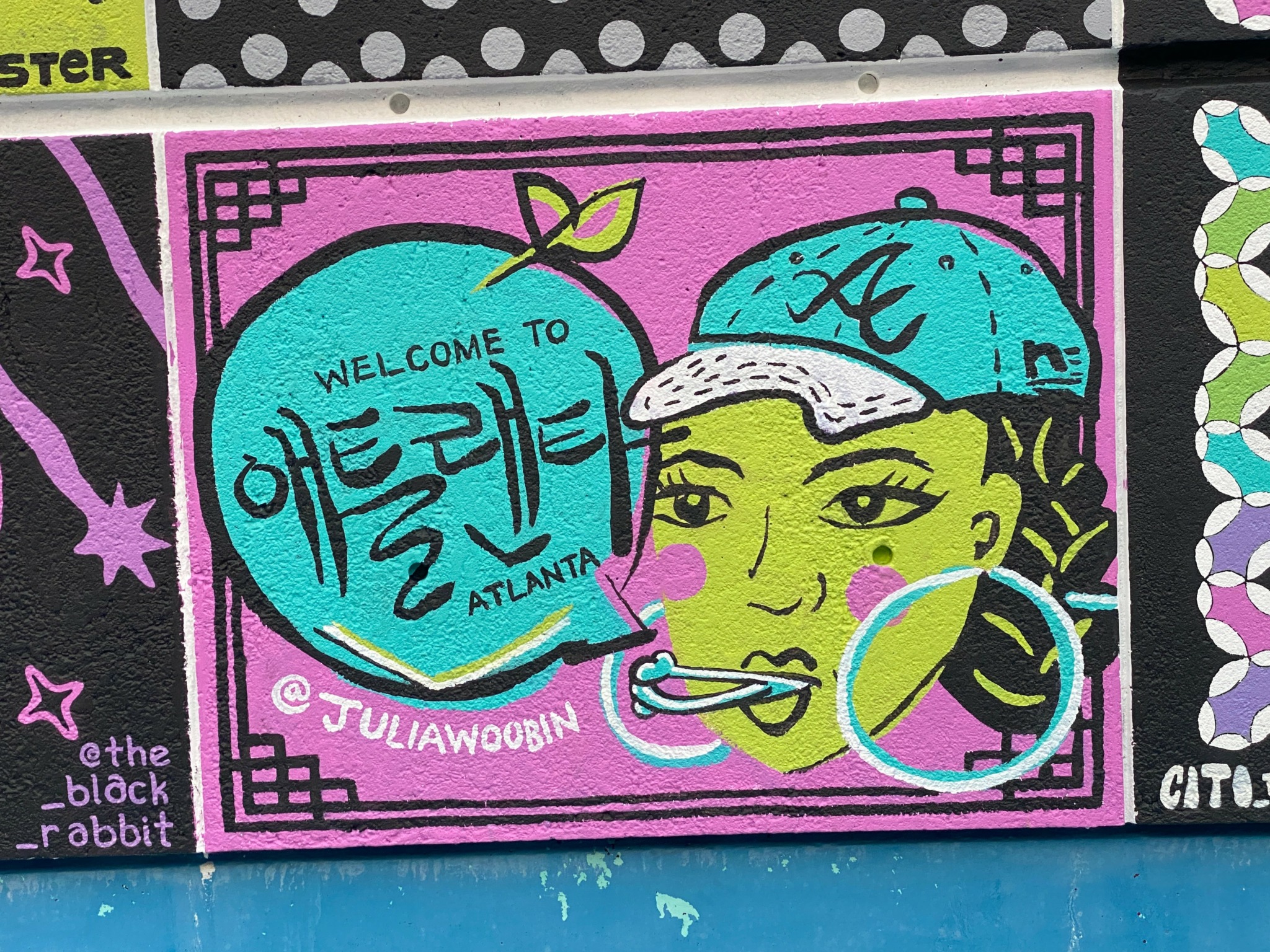
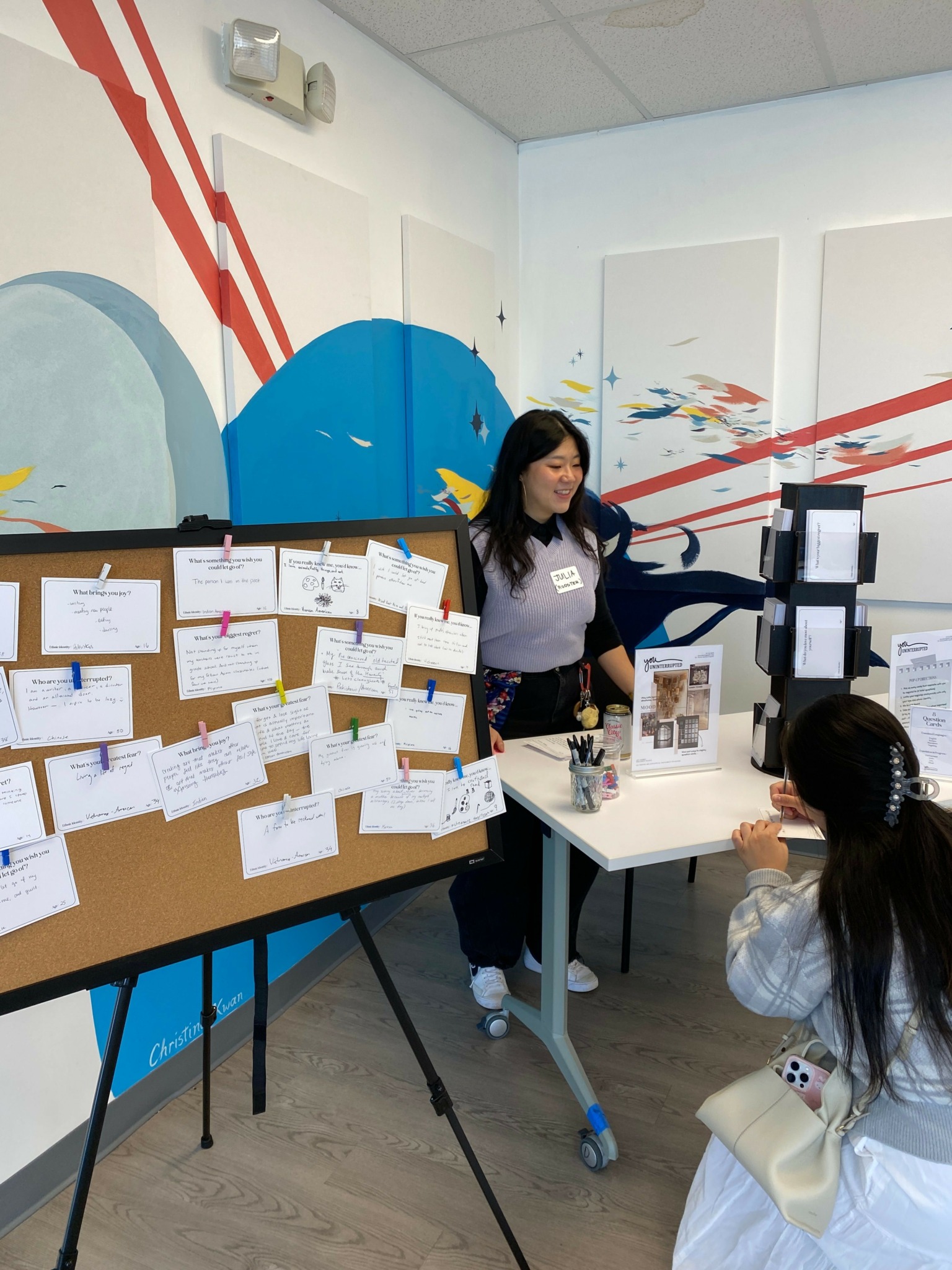
Learning and unlearning are both critical parts of growth – can you share a story of a time when you had to unlearn a lesson?
One of the most transformative lessons in my creative and professional journey has been unlearning what real collaboration and community engagement looks like. With a background in landscape architecture, I was trained in “best practices,” formal processes, and structured outcomes. But through real-world experiences—particularly my time in the 2024 Atlanta Regional Commission’s Culture + Community Design program—I learned that meaningful work doesn’t always fit into neat boxes.
This program brought together artists, planners, designers, local governments, and grassroots community organizations to co-create projects deeply rooted in culture and place. Working with historically marginalized communities, we had to confront the limitations of traditional planning approaches and ask: Whose voices are we centering? Whose knowledge is being valued? And often, the answer required us to unlearn what we thought we knew.
Authentic collaboration is chaotic—and that’s not a bad thing. I used to shy away from conflict, thinking it meant something was wrong. But I’ve come to learn that if it’s not messy, we probably aren’t doing it right. Collaboration that invites diverse voices naturally involves friction. But that friction is often where the most creative problem-solving and innovation emerge.
I used to think gathering like-minded people would create a more efficient team, but I’ve since realized that you need people who think differently from you—who can challenge your ideas and help fill in the gaps. As long as your team shares a common mission and values, it’s far more productive to welcome varied perspectives. If your process is too linear, you’re probably not making enough space for real collaboration. We have to embrace the chaos!
I also had to unlearn and reframe my understanding of expertise. Sometimes the most impactful collaborators weren’t designers or planners—they were local artists, culture bearers, residents, and teens who knew their neighborhoods intimately. I had to learn to slow down, listen deeply, and create space for mutual learning. That means building trust not just in the outcome, but in the process—and in each other. I learned that sometimes innovation isn’t always about creating something new, but placing the value somewhere else.
Contact Info:
- Instagram: @you.uninterrupted & @juliawoobin
- Linkedin: https://www.linkedin.com/in/juliawoobinkim/
